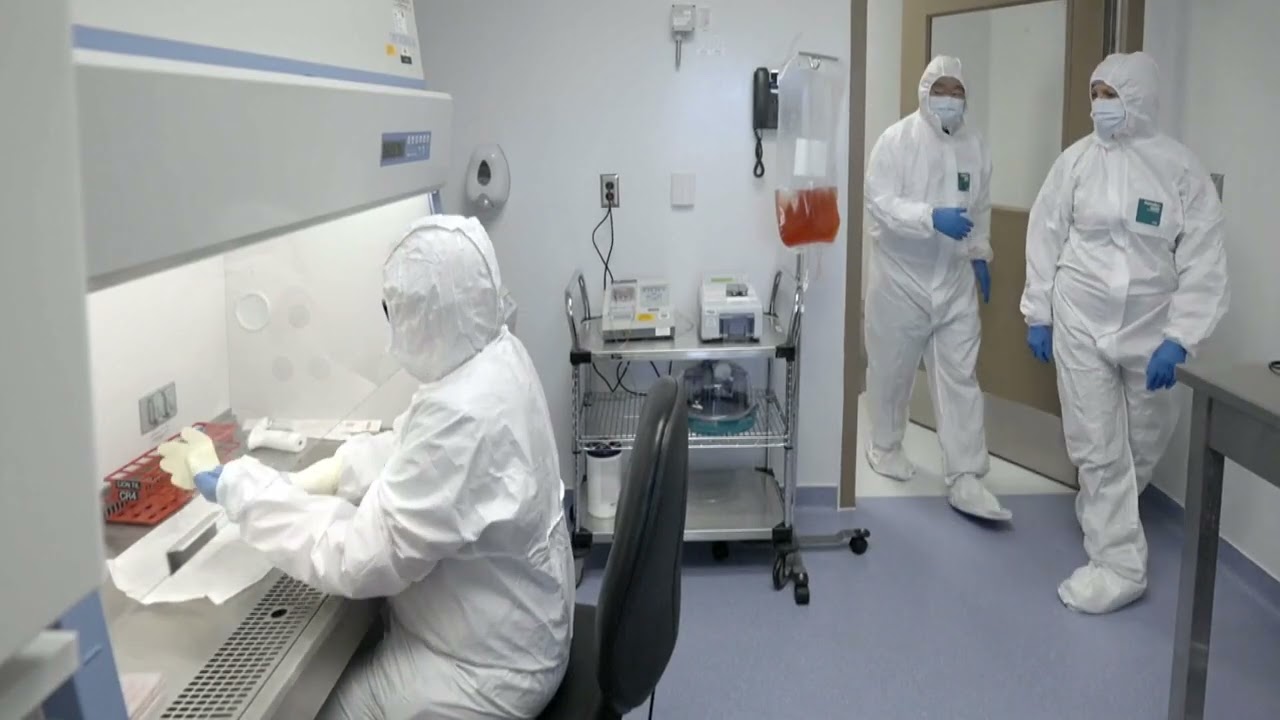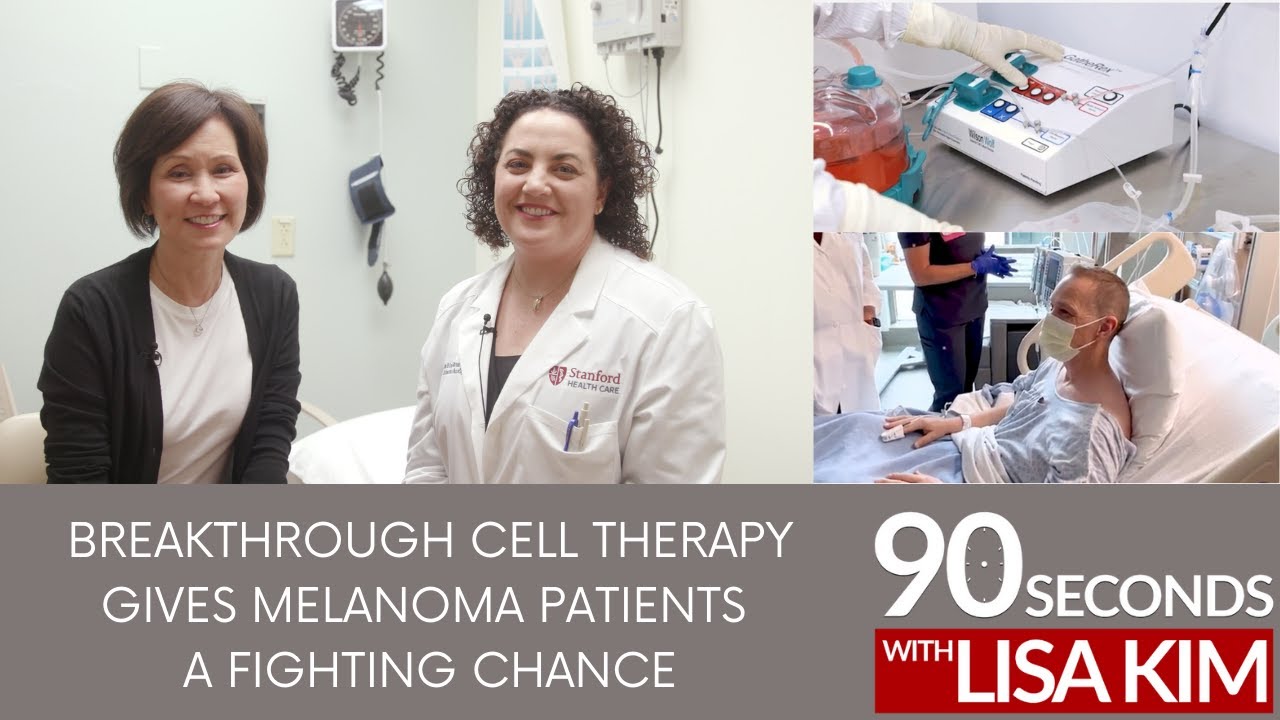The Oncology Channel
NEW YORK (Reuters Health) – Adding bevacizumab (Avastin, Genentech) to standard carboplatin and paclitaxel chemotherapy offers little clinical benefit in patients aged 65 and older with non-small cell lung cancer (NSCLC), a study shows.
The study of Medicare beneficiaries found that those who received bevacizumab with carboplatin and paclitaxel did not live longer relative to their peers who only got carboplatin and paclitaxel.
Dr. Deborah Schrag, of Dana-Farber Cancer Institute, Boston, and colleagues report this finding April 18 in the Journal of the American Medical Association (JAMA), a theme issue on comparative effectiveness research.
They note in the paper that about two-thirds of patients with lung cancer are diagnosed at age 65 years or older. Therefore, “establishing the survival advantage of bevacizumab in the Medicare population is a priority for informed decision making.”
In 2006, a randomized study conducted by the Eastern Cooperative Oncology Group demonstrated a significant survival benefit for bevacizumab-carboplatin-paclitaxel over carboplatin-paclitaxel in advanced NSCLC (N Engl J Med 2006:355:2542-1550).
This trial led to the approval of this triple drug combo as treatment for advanced non-squamous cell NSCLC. However, the ECOG trial failed to demonstrate a survival advantage with bevacizumab in a subgroup of patients aged 65 or older. Despite the uncertainty about benefits of bevacizumab in the elderly, the Centers for Medicare & Medicaid Services (CMS) has covered bevacizumab therapy for its enrollees since FDA approval, Dr. Schrag and colleagues note in their paper.
They now report results of a retrospective analysis of 4168 Medicare beneficiaries aged 65 years or older with advanced (stage IIIB or stage IV) non-squamous cell NSCLC diagnosed in 2002-2007 and entered in the Surveillance Epidemiology and End Results (SEER) program. They categorized the cohort into 3 groups based on the year of diagnosis and type of initial chemotherapy given.
“We found that in the wake of the 2006 FDA approval decision, adoption of bevacizumab was by no means universal. For patients with diagnoses in 2006 and 2007, only 20% and 22%, respectively, received bevacizumab as a component of their first-ling carboplatin-paclitaxel chemotherapy regimen.”
“In addition, we found no evidence that bevacizumab conferred a survival advantage for recipients in multivariable models that controlled for observable demographic and clinical patient attributes.”
Specifically, they say the median overall survival was 9.7 months for patients receiving the bevacizumab combination compared with 8.9 months for those receiving carboplatin-paclitaxel in 2006-2007, and 8.0 months for those receiving carboplatin-paclitaxel in 2002-2005.
The 1-year survival probabilities were 39.6% for bevacizumab-carboplatin-paclitaxel vs 40.1% for carboplatin-paclitaxel in 2006-2007 and 35.6% for carboplatin-paclitaxel in 2002-2005.
Controlling for demographic and clinical characteristics in adjusted models, the authors did not find a significant difference in overall survival between patients treated with bevacizumab and those treated only with carboplatin-paclitaxel in either 2006-2007 or 2002-2005.
They add: “Neither multivariable nor propensity score-adjusted Cox models demonstrated a survival advantage for bevacizumab-carboplatin-paclitaxel compared with carboplatin-paclitaxel cohorts.” In propensity score-stratified models, the hazard ratio for overall survival for bevacizumab-carboplatin-paclitaxel compared with carboplatin-paclitaxel in 2006-2007 was 1.01 (p=0.85) and compared with carboplatin-paclitaxel in 2002-2005 was 0.93 (p=0.28).
“The propensity score-weighted model and propensity score-matching model similarly failed to demonstrate a statistically significant superiority for bevacizumab-carboplatin-paclitaxel. Subgroup and sensitivity analyses for key variables did not change these findings,” the researchers say.
“In the future, for malignancies like NSCLC that disproportionately affect elderly patients or where the CMS covers a large proportion of treatment costs, negotiations with pharmaceutical sponsors of pivotal trials might mandate adequate representation of elderly patients and/or preplanned subgroup analyses relevant to the Medicare population. Absent this information, clinicians will need to rely on efficacy data from subgroup analysis of randomized trials, observational data such as this report, and their clinical judgment to make treatment recommendations.”
“Given that neither subgroup analyses from efficacy studies nor observational data analyses identify a benefit for adding bevacizumab to standard carboplatin-paclitaxel therapy, bevacizumab should not be considered standard of care in this context. Clinicians should exercise caution in making treatment recommendations and should use bevacizumab judiciously for their older patients,” the authors conclude.
Support for this work was provided by the Agency for Healthcare Research and Quality (AHRQ) as part of the Developing Evidence to Inform Decisions about Effectiveness (DEcIDE) program and from the National Cancer Institute.
JAMA 2012;307:1593-1601.








